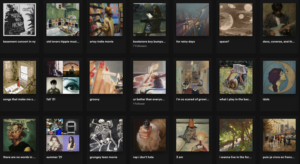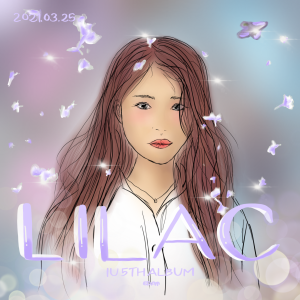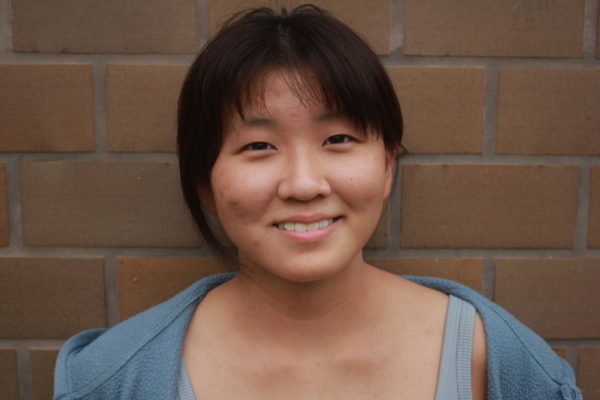“Love Cycle” by Ayaka leaves romance up to audience interpretation
Ayaka’s “Love Cycle” is sweet, lighthearted, and the perfect album for the month of February.
March 17, 2022
To celebrate the 15th anniversary of her debut, Japanese singer-songwriter Ayaka released “Love Cycle,” her first full length album in three years. The album was released on Feb 1. 2022 — a good choice on her part, because the album is perfect for the season in every way.
The opening track, “On a Better Day,” instantly sets the tone for the rest of the album. It starts off with cheerful whistling, as if someone is on a particularly high-spirited walk. Ayaka’s voice is encouraging, even as she just sings a pattern of “la, la, la” during the chorus. As is indicated by the title, this is an optimistic song that emphasizes freedom, and looks toward “better days” in the future.
Next, “Osmanthus,” named after a sweet-scented flowering plant, is more toned down than the previous song. The guitar is prominent and very unique, complimented with a steady beat. Her attractive vocal tone is displayed as she sings about love that is a product of destiny. Before the final chorus, the song dissolves into a melody that is reminiscent of jazz — a clever addition that breaks up and lightens the song.
“Love Cycle’s” first ballad-style song is “Blue Moon,” in which most of the structure comes from Ayaka’s vocals. The music starts off slow and then crescendos, as her voice rises and falls effortlessly. The occasional thump of a drum beat and cymbals are added to the second chorus, and sweeping violin joins them later on, allowing the music to build and add another layer of depth. This is easily one of the most gorgeous songs on the album.
Taka Moriuchi, lead vocalist of the Japanese rock band One Ok Rock, joins Ayaka for the most popular song of the album. “Victim of Love” starts off with Taka’s voice, and he takes the first part of the song. Ayaka is introduced after the first chorus, and adds a fresh spin to the melody Taka was just singing. Their voices together are powerful and compelling as they sing “Can’t you feel it / Don’t you want it / I will show it / When we need it,” and it’s easy to see why this track is one of the most popular of the album.
“Fluctuation of Hope” starts off similarly to “Blue Moon,” but Ayaka’s innovative songwriting comes into play again, as her voice erupts into something much stronger for this chorus. This sound is maintained but toned down for the rest of the verses, rather than going back to a generic ballad formula. The second chorus, as is evidently characteristic of Ayaka’s style, is further enhanced with dramatic and intriguing violin effects.
“Guidepost” and “Wishing Star” are two tracks that fall a little bit behind the others. Even though I can’t understand the lyrics, “Guidepost” still makes clear Ayaka’s passion for the subject of the song. It’s emotional and moving, but the song does get quite repetitive and could easily have been replaced with something more upbeat. “Wishing Star” is Ayaka’s collaboration with Japanese singer Daichi Miura, but only the very beginning is enjoyable. The rest of the track is dragging, with similar elements to the other songs but nothing to help it stand out. The song is also over five minutes long, making it even more painful to listen to.
“Love for Everyone” is an excellent song to close out the album, as it comes full circle with the opening track. The carefree whistling ties back to “On a Better Day,” and the instruments and sound effects make the track sound almost quirky, as if it’s something out of a cartoon. “Love your smile, love for everyone,” Ayaka repeats in English, and it perfectly sums up the album in just one line.
Though the lyrics of many of the tracks on “Love Cycle” reflect ideas of love, Ayaka does an excellent job in keeping those themes very vague and up to personal interpretation. Overall, the album showcases Ayaka’s signature style in a more mature way, and is a lovely one to add to your library for the month of February.






